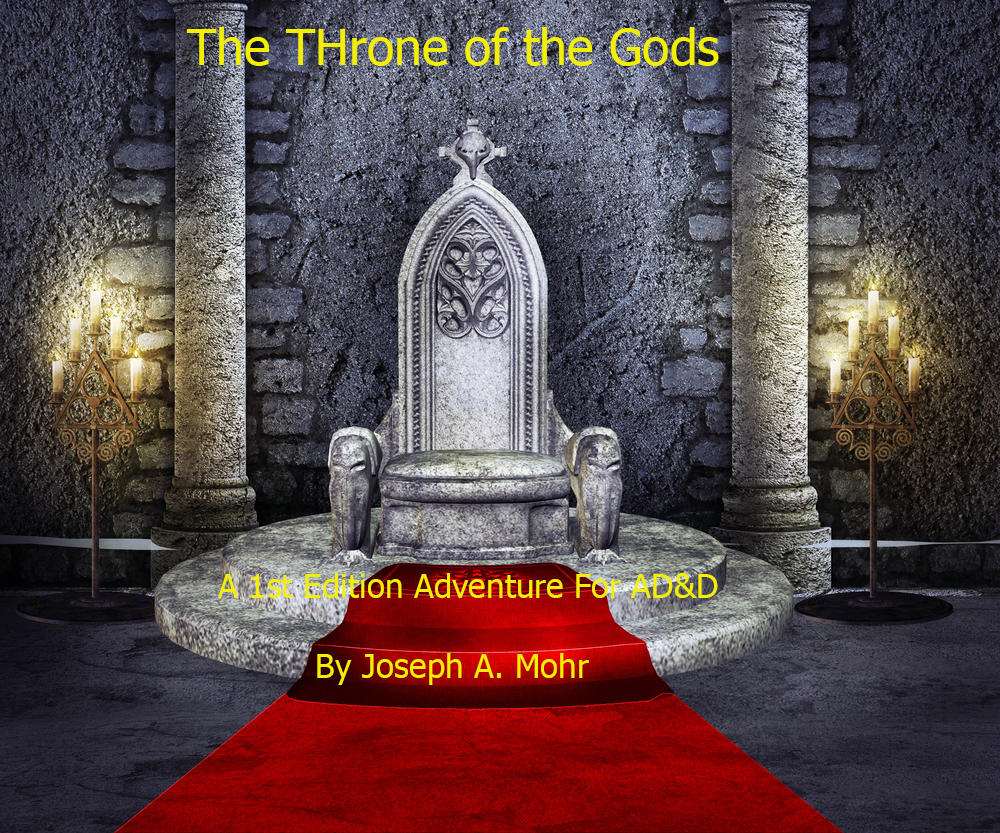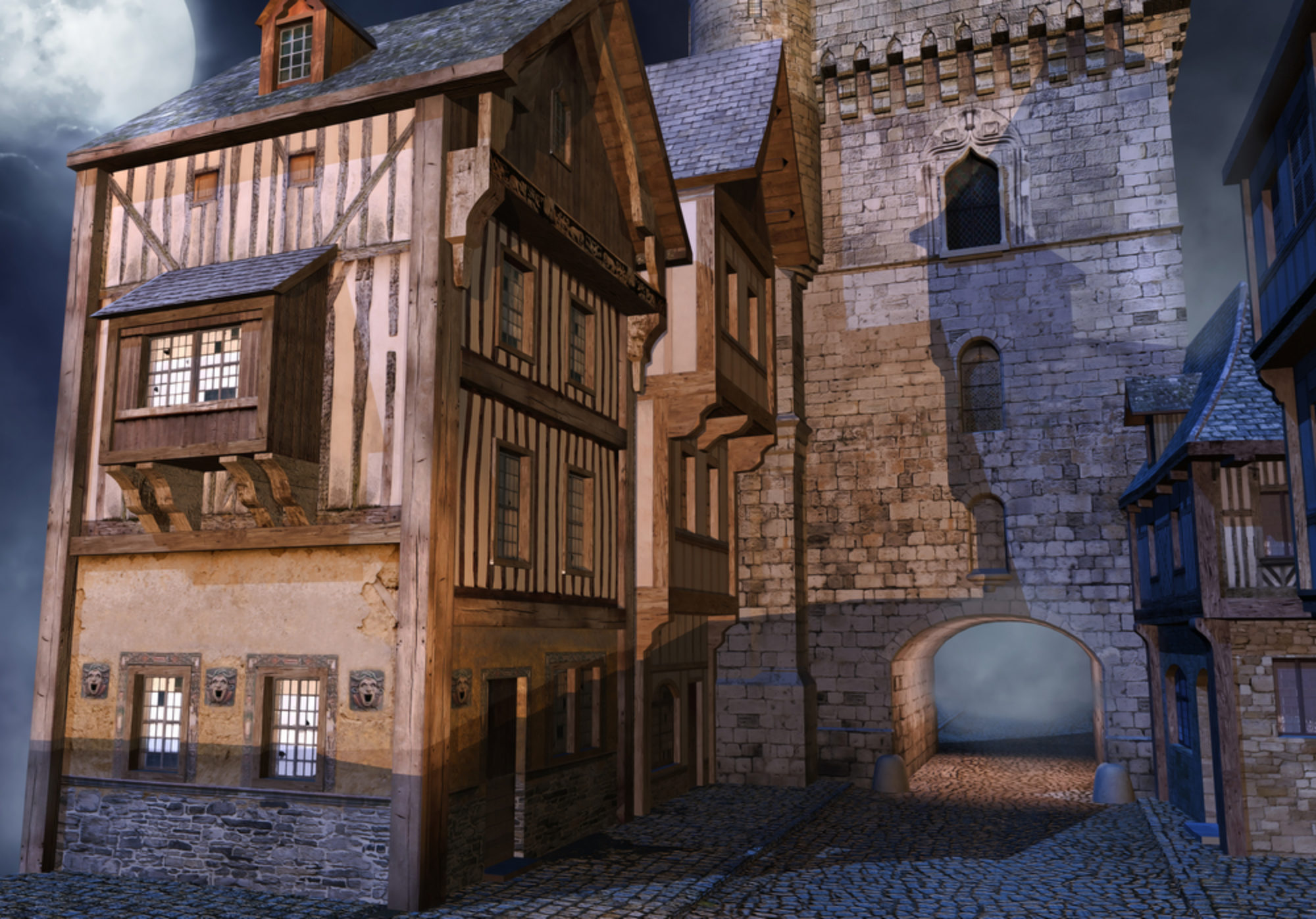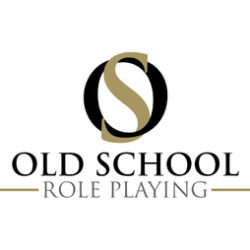
Introduction: In the vast cosmos of Dungeons and Dragons, the divine realms hold immense power and mystery. At the pinnacle of these celestial planes lies the Throne of the Gods—a symbol of ultimate authority and dominion over the mortal and immortal realms. In this blog post, we embark on a journey to uncover the lore, legends, and significance of the Throne of the Gods, exploring its powers, acquisition, gameplay implications, and its profound impact on the world of Dungeons and Dragons.
Lore and Legends of the Throne of the Gods: The Throne of the Gods resides within the mythic tapestry of divine tales and legends. It is said to be the seat of divine power, where deities preside over their domains and shape the fate of the cosmos. These tales weave stories of divine conflicts, ascensions, and the eternal struggle for balance and order within the realms. The Throne represents the embodiment of divine authority and the connection between gods and mortals.
Powers and Influence of the Throne of the Gods: Sitting upon the Throne of the Gods grants unparalleled power and influence. The occupant gains access to divine magic and abilities, enabling them to shape reality and command the forces of the cosmos. They hold authority over celestial beings and can shape the very fabric of existence. Mortals and immortals alike look to the Throne with reverence, knowing that its occupant holds the power to shape the destiny of worlds.
Acquiring the Throne of the Gods: To claim the Throne of the Gods is a task of epic proportions. Legends speak of quests that span planes, where mortals must face formidable challenges, divine trials, and tests of worthiness. The journey to acquire the Throne requires not only great strength and skill but also wisdom and moral integrity. Only those who can prove themselves worthy in the eyes of the divine can ascend to the seat of ultimate power.
The Throne of the Gods in Gameplay: The Throne of the Gods introduces profound gameplay implications, both for players and Game Masters. Characters who ascend to divinity through the acquisition of the Throne gain access to divine powers and abilities, becoming god-like beings. Game Masters must carefully consider the balance and impact of these abilities to maintain fair and engaging gameplay. Characters who sit upon the Throne face unique challenges of ruling and shaping the mortal realms, grappling with the responsibilities and consequences of godhood.
Stories and Campaigns Involving the Throne of the Gods: Throughout the annals of Dungeons and Dragons history, the Throne of the Gods has been a central element in many captivating campaigns and adventures. Whether as a central plot device or a sought-after artifact, the Throne provides a wealth of storytelling opportunities. Game Masters can weave tales of divine conflicts, quests to claim the Throne, or epic battles to prevent its misuse. The Throne of the Gods adds layers of depth and complexity to campaigns, inspiring awe and wonder in players.
The Throne of the Gods in Popular Culture: The allure and grandeur of the Throne of the Gods extend beyond the boundaries of Dungeons and Dragons. Its divine essence has inspired various forms of popular culture, permeating literature, films, and other media. The Throne’s enduring impact on the collective imagination of fantasy enthusiasts speaks to its timeless appeal and significance.
Conclusion: The Throne of the Gods represents the pinnacle of divine power and authority within the world of Dungeons and Dragons. As you embark on your own adventures, consider the tales and legends surrounding this awe-inspiring artifact. Embrace the challenges, craft your own narratives, and explore the profound interplay between gods and mortals that the Throne of the Gods encapsulates. But remember, divine power comes with great responsibility and consequences, and the fate of worlds may rest upon the occupant of the Throne.

